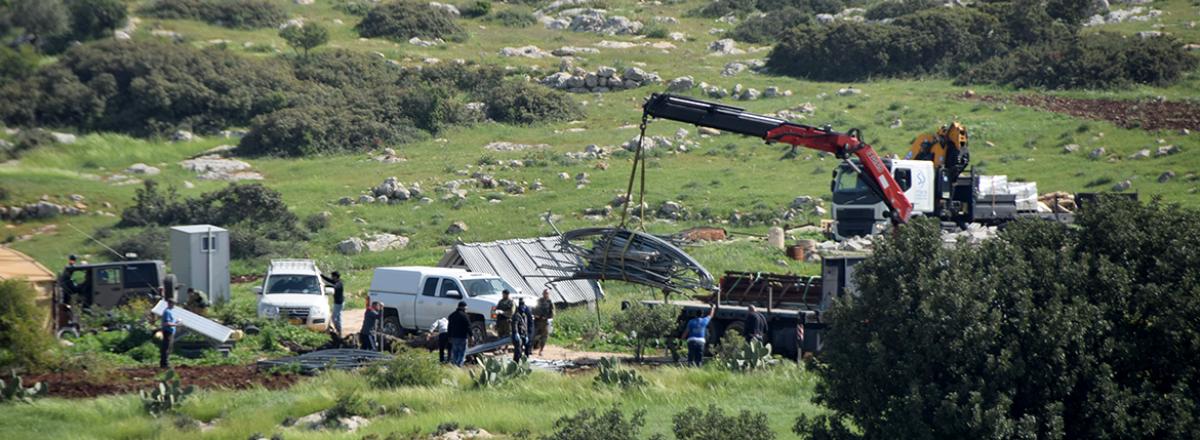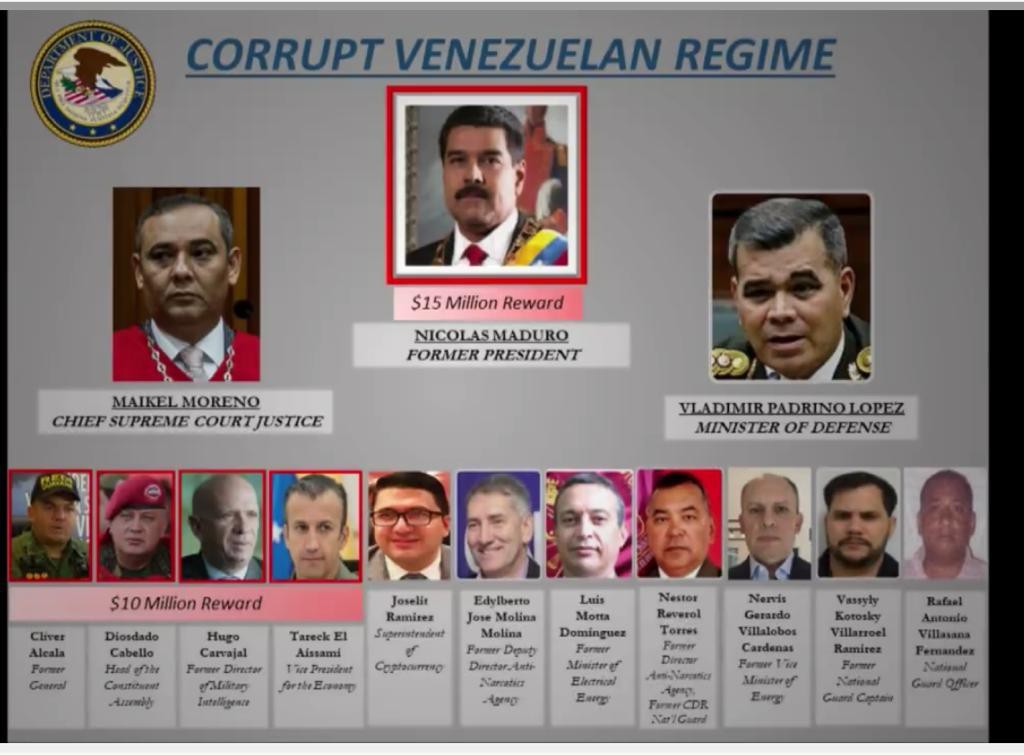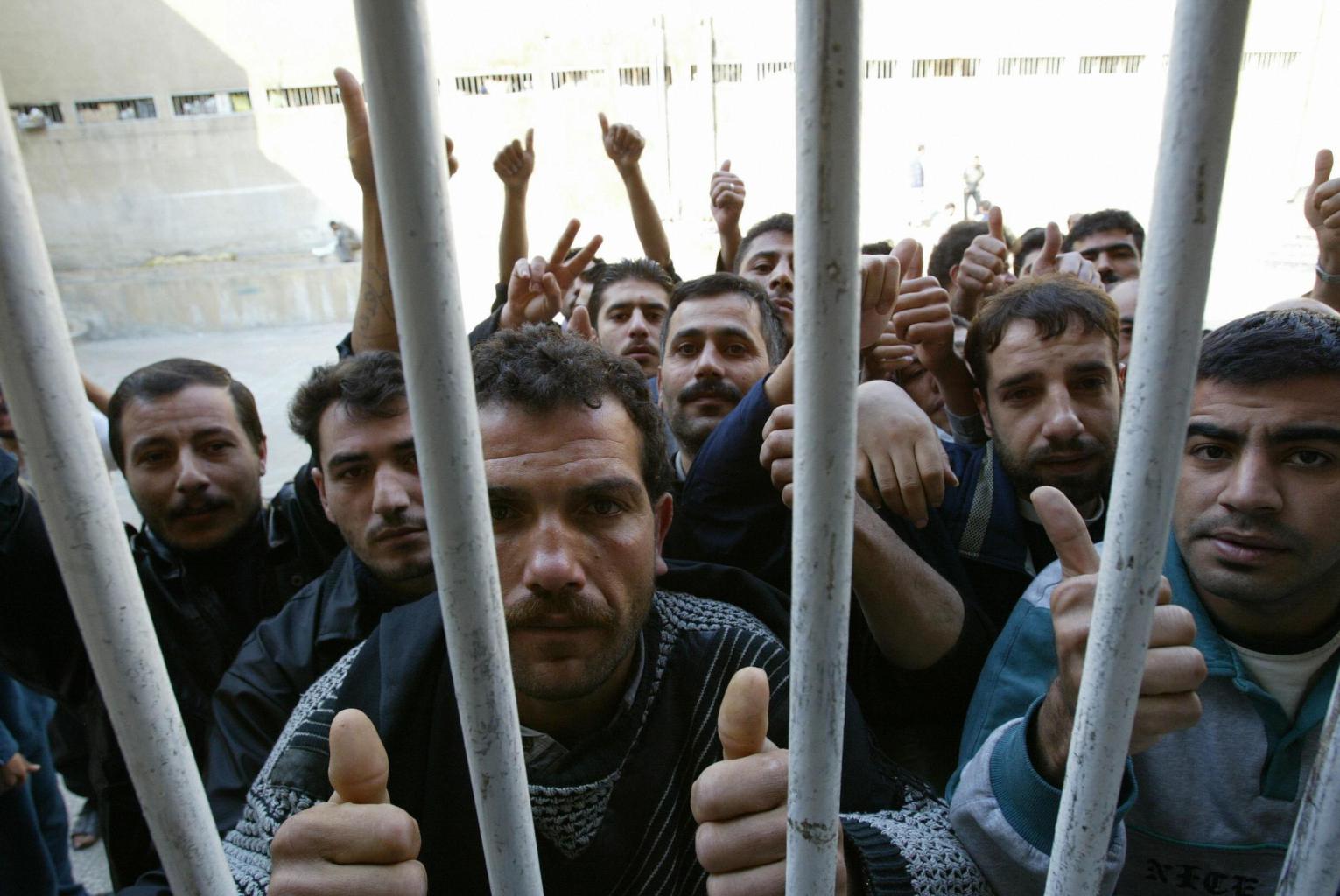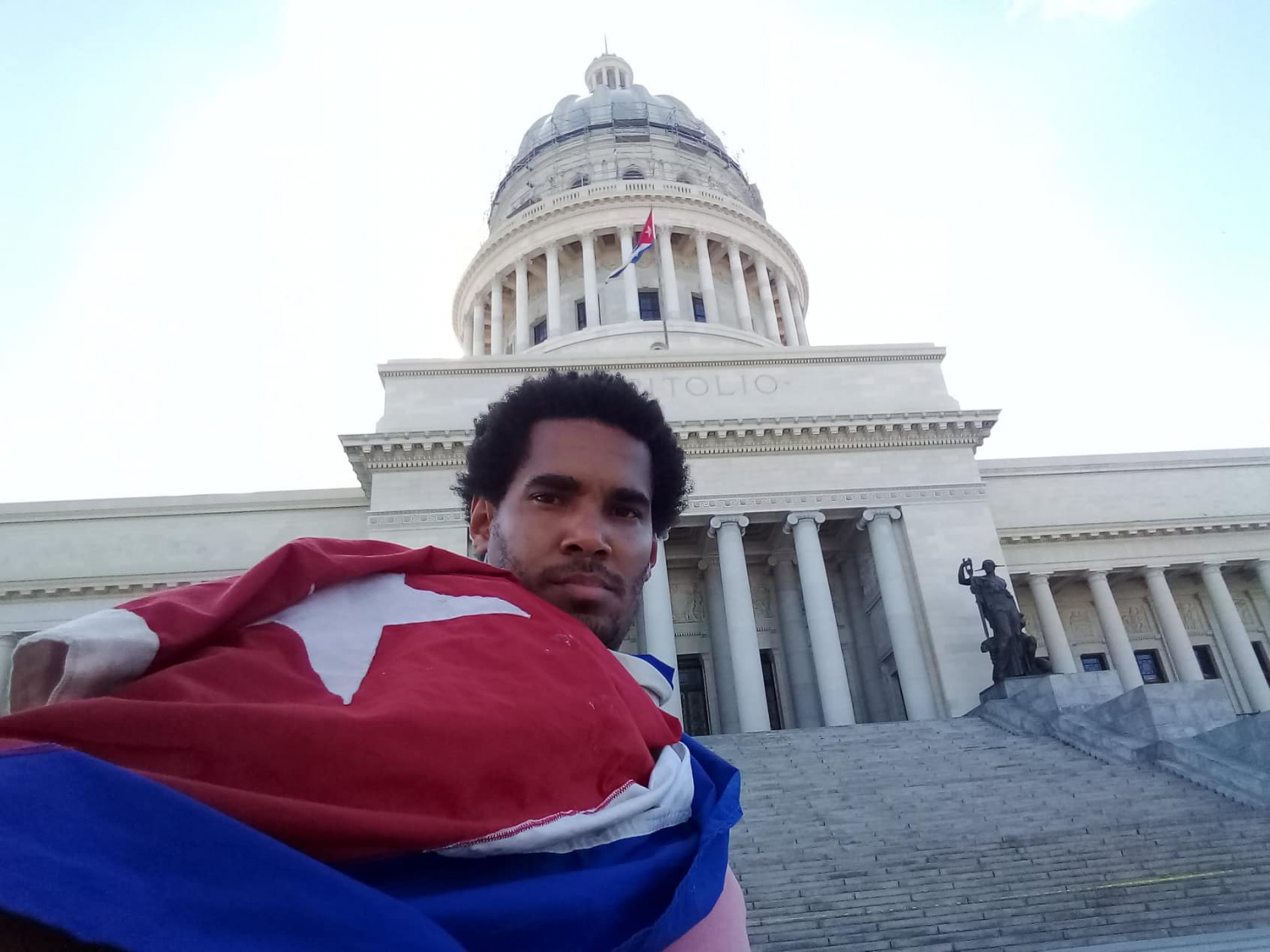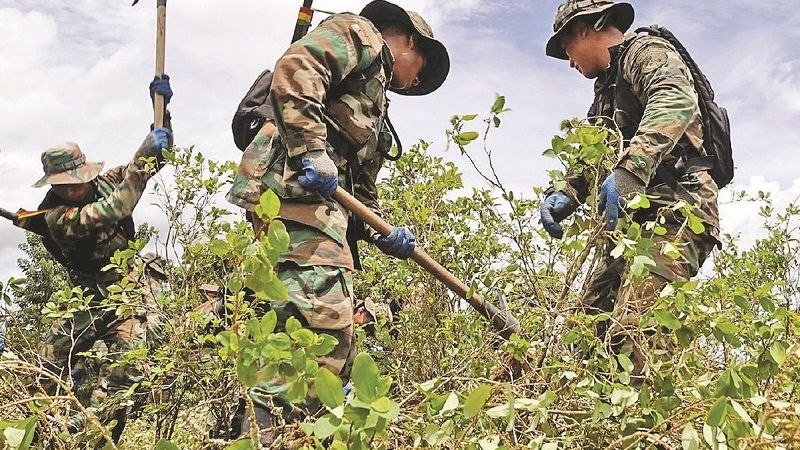
Rio Tinto accused of rights violations in Bougainville
Mining giant Rio Tinto is responsible for multiple human rights violations caused by pollution from its former mine on the Pacific island of Bougainville, the Human Rights Law Centreconcludes in a new investigative report. For 45 years, the Panguna copper and gold mine on Bougainville, Papua New Guinea, was majority-owned by the British-Australian mining company, but in 2016 Rio Tinto divested from the mine, leaving behind more than a billion metric tons of mine waste. The report, After the Mine: Living with Rio Tinto’s Deadly Legacy, documents the devastating consequences of that action for the thousands of people living around the mine site. The report reveals communities living with contaminated water sources, land and crops flooded by toxic mud, and health problems ranging from skin diseases and respiratory ailments to pregnancy complications. (Image: Human Rights Law Centre)





